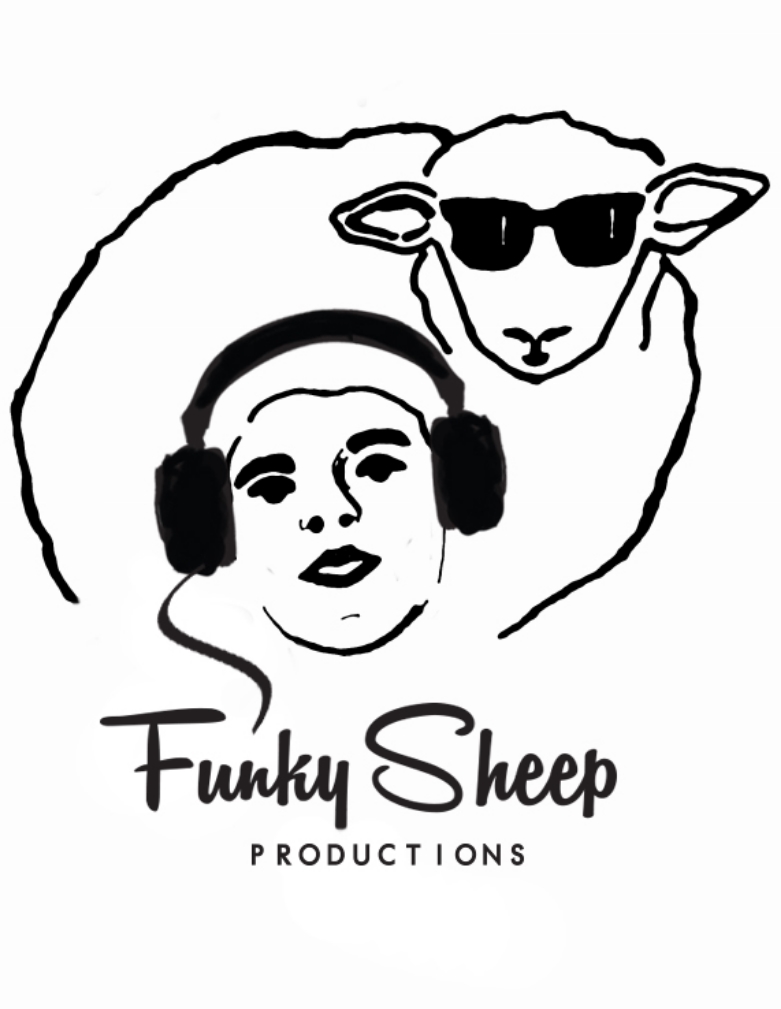Written By: Andrew Koehler
Bleating and Babbling
“We live in a world full of confusion. A culture based in illusion.” (Lee, Amos) When confronted with new challenges, it is natural to seek the guidance of somebody more knowledgeable than yourself. From an evolutionary psychological perspective, this ability to learn from our elders’ experiences is what has allowed mankind to progress and create the world we live in today: a world filled with incredible achievements such as the discovery of the Copernican Model, an ability to distill barley, and the creation of Ice Hockey.
Things are not what they Seem
Hockey greats Glenn “Mr. Goalie” Hall and Tony “Tony O” Esposito pioneered the butterfly style of goaltending, and ensuing goaltenders have been improving upon that model ever since. This proclivity to build on previous accomplishments is what has allowed music to constantly evolve since the dawn of man. Through musical collaboration, appropriation, and the emergence of new technologies, all styles of music can be effectively traced back through its lineage to more primitive genres. Nothing results from isolation; we are bred to follow influential leaders and innovative works.
A Look of Terminal Shock in your Eyes
As is the case with most problems in life, we can turn to sheep to offer an explanation for this behavior. We need look no further than J.C. McCutchan’s experiments on proper sheep motivation to understand the pervasiveness of this phenomenon. In an effort to determine the most efficient technique to coordinate sheep movement, McCutchan used many stimuli and devices to measure their response. He experimented with mild electric shocks to prompt sheep movement, but found that the sheep responded in an unpredictable manner: Of the 28 sheep that received shocks, 29% responded by moving forward, 13% did not or could not move, and 58% were forced backwards or moved backwards. When the sheep were confronted with the ambiguous problem of the electric shock, it resulted in an exhibition of learned helplessness. Frantic trial and error was ineffective due to the sheep’s inability to discover a response that diminishes the painful stimulus. They are rendered helpless, as they learn that there’s nothing they can do to avoid the shock – not unlike how the opposition responds after being victimized by the likes of Patrick Kane. The method that was found most effective to combat this learned helplessness was the use of a trained ‘leader sheep’ to guide the flock. Just like sheep, humans gravitate to leaders in the face of adversity.
Meek and Obedient, you Follow the Leader
Learning from leaders can be a beneficial evolutionary attribute, but not at the expense of individual inventiveness and problem solving ability. We look to teachers to guide us through new subjects in school. We look to family to offer advice and guidance in life. We look to Jonathan Toews to give us the determination to prosper in the face of adversity. But to whom do we turn when confronted by a problem with no clear-cut path?
Harmlessly Passing Your Time in the Grassland Away
The music industry is an often-overwhelming entity, and many people cannot fathom where to begin their journey. We need ‘leader sheep’ to show us the way, but they simply do not exist in this industry. It’s far too vast and convoluted than it ever has been in the past. Without any inherently ‘right’ or ‘wrong’ path, the dilemma of choice is overpowering, and it results in a diaspora of new artists running in different directions. Modern society has fostered an environment that encourages learned helplessness in the face of these situations, as we resent the burden of decision-making. Scouring the Internet results in a usurious overload of conflicting information about the proper way to achieve success in the music industry. The industry is constantly shifting to the extent where you cannot follow in the footsteps of the successful. After speaking to many accomplished composers, musicians and engineers, it has become apparent that they all have inimitably unrepeatable musical backgrounds. In fact, the only consistent element in all of their stories involves a ‘lucky break’ - a serendipitous concatenation. Some of these successes urge continued collegiate education, while others urge abandoning a traditional education in favor of an internship, while others believe being ‘discovered’ at a live show or jam session is the only way, while others swear by the DIY route (via freelance projects and online tutorials). And none of them are wrong. We all can and should be pursuing every possible avenue to contribute to our success, however futile the attempt may be – hence this blog’s very existence. But our leaders’ dearth of a consensus is frustrating, and leaves many of us to scatter like McCutchan’s sheep after receiving the electric shock. We all want to move forward, but ‘forward’ has become an increasingly vague concept, especially in the context of the mercurial music industry. We should all heed Winston Churchill’s advice: “I never worry about action, but only inaction.” Even the sheep that run backwards when exposed to the music industry's electric shock are better off than those who do not react: it is easier to steer something in motion than something standing still.
McCutchan J.C. & Freeman R.B. (1992) Failure of electrical prompting to improve sheep movement in single file races. Proceedings of the Australian Society of Animal Production
Seligman, M.e.p., S.f. Maier, and J. Geer. "Alleviation of Learned Helplessness in the Dog." Origins of Madness (1979)
Wendorf, Benjamin. "The Shifts that Changed the Game: Butterfly Goaltending." Arctic Ice Hockey. 6 March 2012.
Fun Fact:
There are 34.2 million sheep in New Zealand, or approximately seven sheep for every human. This, however, is still quite a change from 1982, when New Zealand had 70.3 million sheep, or an astounding 22 sheep for every person!




